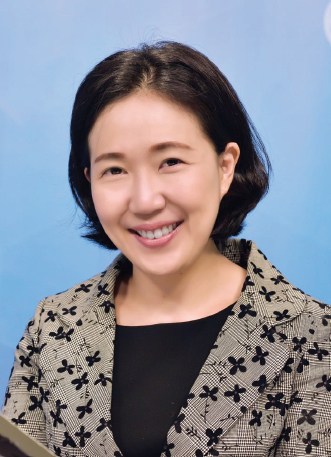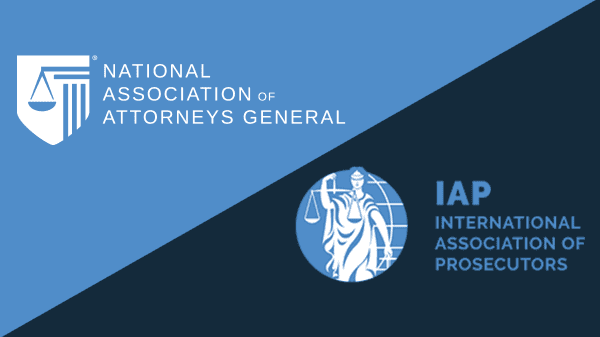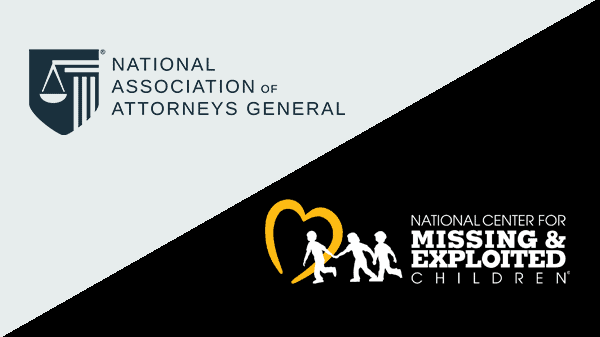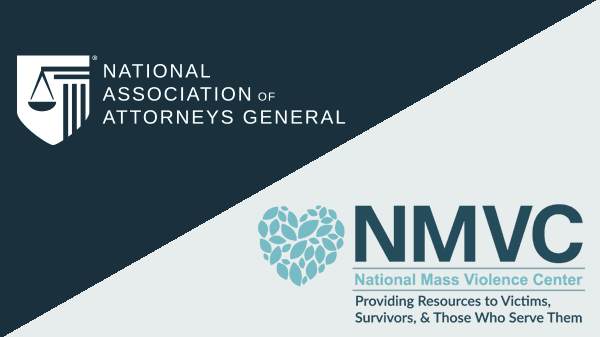-
 Deputy Chief, International Cooperation CenterSupreme Prosecutors’ Office, South Korea
Deputy Chief, International Cooperation CenterSupreme Prosecutors’ Office, South Korea -

Restorative justice mechanisms are increasingly being studied and utilized as a cost-effective alternative to the criminal justice system. It has been demonstrated to benefit victims, offenders, and the community. Following the lead of the United Nations Office on Drugs and Crime’s (UNODC) Basic Principles of Restorative Justice, the International Association of Prosecutors (IAP) and the Public Prosecution Service of the Republic of Korea are currently preparing the final draft for a set of global guidelines to give prosecution services worldwide a benchmark for implementing mediation mechanisms.
The Public Prosecution Service in South Korea introduced Victim Offender Mediation (VOM) in 2006 and introduced the nationwide implementation of VOM in 2007. The driving force was to secure a better resolution of disputes between victims and offenders involved in the many private complaint cases received by law enforcement and, in addition, to find a better and more cost-effective way of disposing of smaller cases that would otherwise take up limited resources in the prosecutorial and court system. Fraud and embezzlement cases provide an example of the effectiveness of VOM. In 2006, 80 percent of all such cases were initiated by private criminal complaints, but only 20 percent of them resulted in indictments. Within a short period of time after VOM’s introduction, the prosecution system found it a more efficient response to the complainants by providing restitution to the victim, a means of reconciliation between the parties involved, and an actual resolution to the dispute. Simultaneously, the court system was relieved of the resource-heavy burden of handling the cases.
The Korean VOM was organized as a real alternative to the court procedure and not as a supplement. Cases can be referred to mediation by request of the parties and can be referred ex officio. In all cases, consent of the parties is required. When referred, the case is handled by a VOM committee, consisting of a minimum two individuals. In Korea, this committee was originally placed under the district prosecutor’s office, but, since 2009, it has been organized as an affiliated, yet separate, entity. In 2010, the revision of the Crime Victim Protection Act provided the current statutory foundation for the VOM arrangement. Chapter 6 of the revised Crime Victim Protection Act authorized prosecutors to refer smaller cases to the VOM committee when he or she regards the VOM process as appropriate to resolve the complaint, conditioned on the parties’ consent. Since 2010 there has been a number of improvements to the practical organization of VOM — for example allowing “temporary suspension of prosecution,” “on-site mediation,” and “mediation after 6 p.m. or on holidays.” As of 2016, 5.5 percent of the total number of cases (111,349 out of 2,024,545) handled by the district prosecutors’ offices have been referred to VOM. Of those, 60 percent has achieved settlement. External estimates suggest that approximately $2.4 million was invested yearly to manage the VOM system while $110 million was recovered for the victims.
The following case illustrates a typical case referred to the VOM: When A crossed the mid-line of a road to turn left, A crashed into B’s truck, injuring B and fellow passengers C & D. Those injured required 10 weeks of medical treatment. A blamed the road signs for the accident, saying that the signs obscured his vision. The victims brought evidence of their damages. With consent, the case was submitted to the Mediation Committee. After the case was submitted, mediators visited the site and identified a cause of the accident. A milepost had been placed in such a way as to partially obscure the driver’s sight. While persuading the suspect to compensate the victims, mediators also advised victims to understand that the suspect was only partly to blame. Both sides understood each other and reached a settlement. The mediators also proposed to the relevant authorities to translocate the milepost in question.
There are no estimates of the amount of money saved by referring cases to VOM. However, research carried out in 2015 found that the time saved was significant. The research found, that for financial damage cases, VOM took 35 days versus other formal trial cases which took 120 days to resolve. For physical damage cases, VOM required 20 days in contrast to formal trials, which required 114 days.
Developing IAP Guidelines
Since early 2017, the Korean Public Prosecution Service and the IAP have worked on preparing guidelines for other prosecution services that could benefit from similar arrangements. Building on the Korean experience, the Basic Principles on the Use of Restorative Justice Programmes (UNODC), the experiences gathered by the Justice Division, UNODC, and input from regional IAP expert members and other jurisdictions globally, a set of draft guidelines has been prepared. A final draft was presented for discussion at a joint IAP/UNODC special session on restorative justice at the IAP Annual Conference in Beijing in September 2017.
On a global scale, victim offender mediation represents a huge potential in handling smaller cases and sometimes combining trial procedures with VOM in more serious cases. Many jurisdictions have yet to implement a form of mediation and many jurisdictions have yet to implement a full scope of mediation. In doing so, it remains important that clear safeguards are installed and that only the right cases are diverted to VOM. The IAP guidelines are designed to propose which cases may be relevant, to ensure a solid process of selecting relevant cases for mediation, to advise on properly organizing VOM, to highlight the necessary procedural safeguards and how to institutionalize them, and, finally, to keep track of what outcomes to expect and aim for.
The IAP draft guidelines recommend using VOM in a range of property crimes and cases, such as defamation, insults, and trespassing, and also suggest using VOM when the offender is a juvenile. But, as the guidelines stipulate, other cases which the referring authority deems relevant for VOM can be referred as well. As mentioned above, indispensable in the process is the free and voluntary consent of the parties to the referral and to the outcome of the mediation. In some cases, diversion to mediation should not take place. For example, when there is insufficient grounds for prosecution, when there is reason to expect obstruction of justice or continued victimization, in some cases of sexual crimes, and, generally, cases of more serious crime that warrant society’s sanction, VOM is not advisable. These thresholds, however, are heavily dependent on the legal and penal culture of the jurisdiction in question.
The guidelines also emphasize the importance of both the use of an effective mediator and safeguarding the rights of the individual parties to the dispute. While, in some jurisdictions, mediation is left to law enforcement officers and prosecutors, the draft IAP guidelines recommend that the mediator(s) is affiliated with, has a good understanding of, and is respected in the community to which the parties are connected. These are important elements to ensure effective reconciliation with a sustainable outcome. At the same time, it is crucial that the mediation process does not become a vehicle for ignoring individual procedural and substantive rights of the parties involved. This is not a serious concern when the conflict is minor and the parties are resourceful. But when cases concern serious crimes, revictimization may be a high risk that requires the institution of formal legal safeguards. Furthermore, when the parties involved are vulnerable or are subject to strong community norms and family structures, active enforcement of due process guarantees may be required. Accordingly, the guidelines require the referring authority to actively ensure that there is evidence to prosecute, that the parties participate in the VOM freely and voluntarily, and that it falls upon the referring authority to follow up on the outcome of the VOM process. Furthermore, it also falls upon the mediator (e.g., the mediation council) to ensure that there is free and voluntary participation and that the individual human rights of the parties involved are respected.
Mediation and the organization of it will look different and must be practiced differently depending on the legal culture and the particular organization of investigation and prosecution. One size does not fit all. Notwithstanding, it is still possible to benchmark practices and principles essential to raising the standard of Victim Offender Mediation in prosecution services. The guidelines will inspire other jurisdictions to design their own particular mediation arrangement to benefit victims and offenders and to improve the efficiency of the criminal justice system. We aim to publish the final IAP guidelines in spring 2018.





